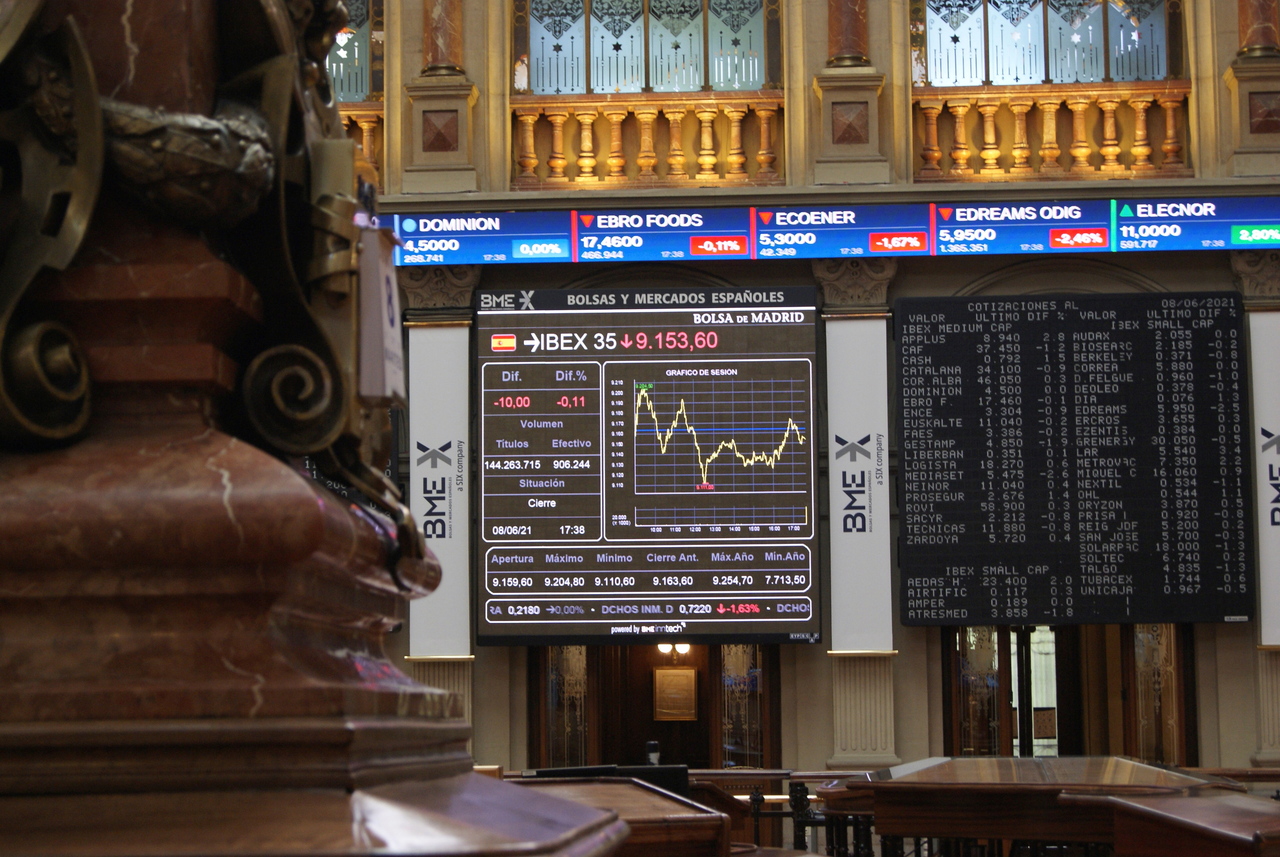Tips on investing in ethical companies
Sign up now: Get ST's newsletters delivered to your inbox

What investors can do involves the same type of due diligence they do with any investment, just through a sustainable lens.
PHOTO: EPA-EFE
Follow topic:
(NYTIMES) - Vital Farms says on its website that its eggs and butter "are delicious, ethical food you don't have to question". But a lawsuit filed against it last month claims that its marketing has misled consumers and investors into believing they're supporting a company that is more ethical and humane than it actually is.
Vital Farms responded that it has operated in an ethical and humane way and that it has always been transparent about its practice of raising hens to lay eggs.
But the lawsuit, brought on behalf of a group of consumers who felt they were deceived, raises a broader point for investors seeking to put their money into companies that have environmentally conscious business practices. What criteria need to be met for an investment to satisfy an environmental, social and governance screen known as ESG?
Any company that says it is operating in an ethical way should be able to prove that claim is true or face charges of greenwashing, a term that implies deception. But it is not always clear-cut. Does a fossil fuel company that is making strides to invest in renewable energy and is doing more than its competitors make the cut?
Can a solar company have problematic human resources practices? Should investors demand that a company that holds itself out as ethical be pure and consistent in all it does, or do growing companies simply get too complex to be entirely consistent?
"The onus is on the investor to do the work and research," said Ms Cheryl Smith, an economist and portfolio manager at Trillium Asset Management, which manages US$4.3 billion (S$5.7 billion) with an emphasis on socially responsible companies.
Mr Richard Stone, a lawyer in Jupiter Island, Florida, and the litigation arm of People for the Ethical Treatment of Animals contend in their suit that Vital Farms' treatment of chickens is inconsistent with its advertising, which gives the impression that its chickens roam free and live a pampered life.
That image, the suit argues, allows the company, which went public in August with a valuation of US$1.3 billion (that has since fallen to about US$845 million), to charge a premium price for its eggs.
"Our ambition is to get advertising and marketing correct," Mr Stone said. "Vital Farms is somewhat of a darling of the ESG movement. The only thing they do differently than Costco eggs is they allow the chickens to have grass. There are still too many chickens and too little access outside."
The suit outlines practices at Vital Farms that are common at other egg producers but, it says, are not ethical. The company, it claims, cuts the beaks of chickens so they don't peck at one another, obtains chicks from hatcheries that kill male chicks that aren't edible and don't lay eggs, and sells its hens for slaughter when they're 18 months old.
Vital Farms said in a statement that it intended to defend itself against the accusations and that its practices had been independently audited. "We are transparent about what happens to male chicks as well as what happens once hens reach their post-laying life," it said. "As for the industry-standard practice of dulling the tips of hens' beaks, that is not done to harm the birds, but to protect them."
It added: "We are pleased to offer products that value animals including by providing hens a meaningfully better life than the confinement they would face in the industrialised food system."
What investors can do involves the same type of due diligence they do with any investment, just through a sustainable lens.
Mr Doug Heske, chief executive at Newday Impact, which manages US$250 million with a sustainability strategy, said the firm looks at not just how the company treats its shareholders but also all the people who contribute to what the company does. "For us as an organisation, there's this common thread that runs through most companies that behave in a responsible way, and it's rooted in long-term decisions and strategies," he said. "That's a driver of returns. There's no such thing as a perfect publicly traded company."
Investors can also look for any shareholder actions. "Look at the range of shareholder resolutions filed urging changes in policy or disclosures," said Mr Timothy Smith, director of ESG share owner engagement at Boston Trust Walden, a wealth management firm.
Mr David Kirkpatrick, managing director of SJF Ventures, was one of the early-stage investors in Vital Farms, when the company was still private. He would not comment specifically on the accusations in the lawsuit but disputed that Vital Farms was guilty of greenwashing.
"It's ironic because there are massive egg companies out there that are doing things that are awful," he said. "When you buy Vital Farms, you can put in a code and see where those hens are. It's a little bit like attacking a solar company instead of Exxon because they're doing something you don't like."
Mr Kirkpatrick said his firm took a pragmatic view of socially responsible investing, with an eye towards supporting companies that can go beyond a niche to have a larger impact. "There are groups that say you have to be totally pure. We're more practical. We ask, how do you build big businesses that are moving in the right direction?"

